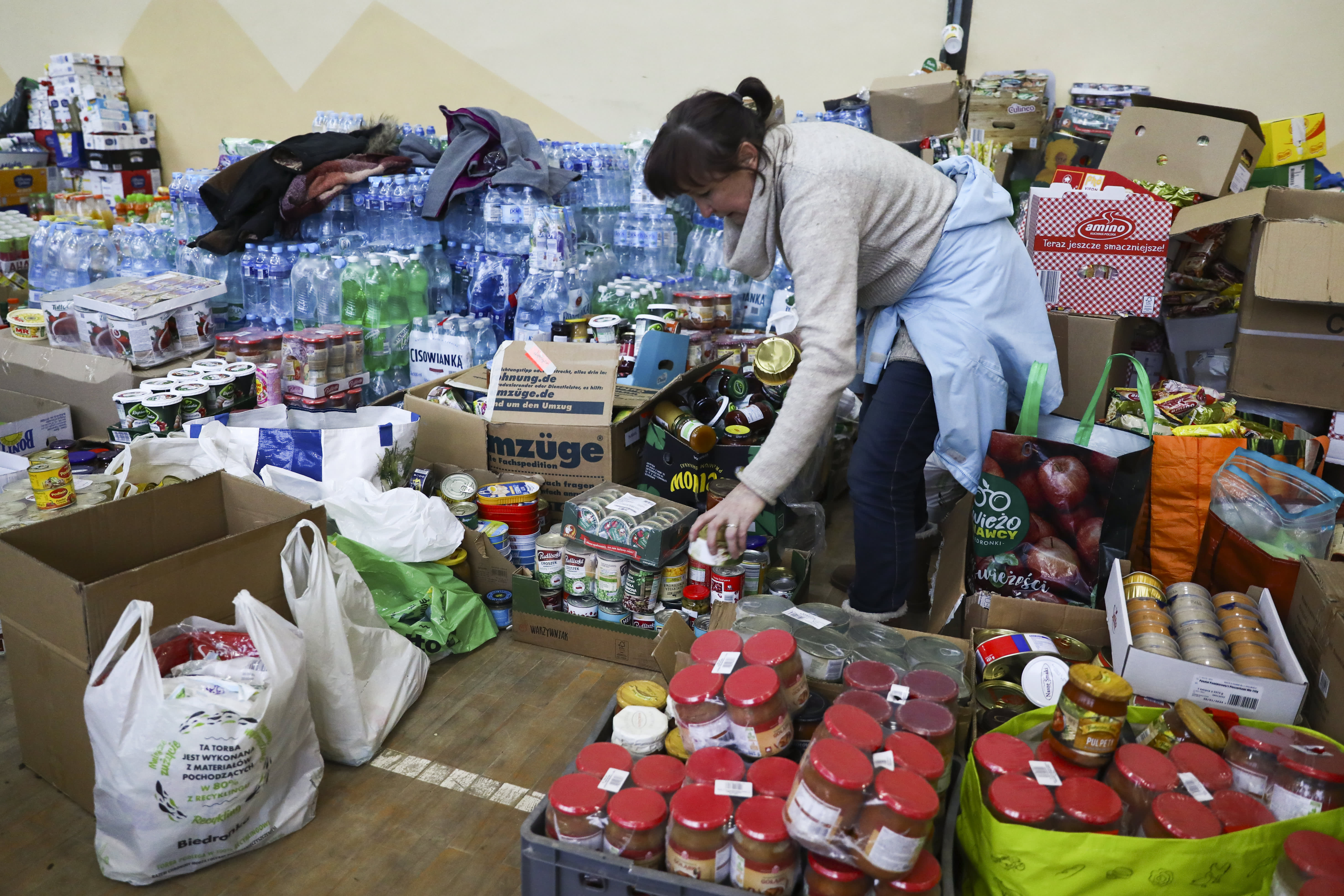Products You May Like
As the conflict between Russia and Ukraine intensifies, the humanitarian crisis is worsening, as well.
More than half a million Ukrainians have fled the country since the fighting began Feb. 24, but as many as 5 million could be displaced as Russian troops continue to advance toward major cities.
Many people around the world want to help Ukraine, whether by donating money or supplies. Unfortunately, that also creates an opportunity for scammers to take advantage of their altruism.
More from Personal Finance:
How U.S. investors may have exposure to Russian stocks
When to get back into stocks after panic selling
How to protect against a cyberattack as Russia-Ukraine crisis escalates
“People are feeling very sympathetic and willing to give and they use that as leverage,” said Adam Levin, co-host of the “What the Hack with Adam Levin” podcast.
The most common types of scams include phone calls, emails, banner ads and text messages asking for donations and seem entirely legitimate, Levin said. “The caller ID and number may even look right.”
However, often it’s cybercriminals trying to capitalize on the current geopolitical turmoil.
To make sure your money doesn’t end up in the wrong hands, Levin offers these tips to avoid scams:
- For starters, never click on a link or attachment to donate online. “Anytime you get something that would require an immediate or emotional response, always take a moment and say ‘it’s worth it to the people I’m trying to help that I do a little research before I simply give,'” he said.
- Look up the relief effort through a site like BBB Wise Giving Alliance, Charity Navigator or CharityWatch and read online reviews. Then, enter the URL of the charity yourself to independently confirm you are coordinating with the right organization.
- Always pay by credit card, which offers additional layers of protection, rather than a debit card, which taps money straight from your checking account, and never donate in the form of gift cards or wire transfers.
- Check your accounts regularly for any suspicious activity or unauthorized charges and set up notifications, through your bank or a banking app, which will track your credit card transactions and alert you to account activity.
“If someone got your payment information, they are not only going to use it this time, they are going to use it again and again,” Levin said.
If you believe you are the victim of a scam, contact your financial institution to put a hold on your credit card and notify the attorney general in your state, then file a complaint with the FBI’s Internet Crime Complaint Center.
Subscribe to CNBC on YouTube.
